Best Neck Pain Treatment in Gurugram

Neck pain is a common issue that can result from poor posture, prolonged screen use, muscle strain, injuries, or underlying conditions like cervical spondylosis and herniated discs. It can cause stiffness, reduced mobility, headaches, and even nerve-related symptoms like tingling or numbness in the arms. If ignored, neck pain can worsen over time, leading to chronic discomfort and affecting your daily activities, including work, sleep, and exercise. Seeking timely treatment is essential to prevent long-term complications and ensure faster recovery.
At Painflame, we specialize in non-surgical neck pain treatment in Gurugram, using chiropractic care, physiotherapy, manual therapy, and posture correction to address the root cause rather than just managing symptoms. Our expert team focuses on spinal alignment, muscle relaxation, and nerve decompression to provide lasting relief.
Whether your neck pain is due to daily strain, an injury, or an underlying condition, we create personalized treatment plans tailored to your needs. Our goal is to restore mobility, strengthen muscles, and help you live pain-free without relying on medications. Don’t let neck pain limit your life—get expert care for long-term relief.
What Causes Neck Pain?
Forward Head Posture
Leaning the head forward while using a phone, computer, or reading places excessive strain on the neck muscles and spine, leading to stiffness, chronic pain, fatigue, and misalignment.
Neck Muscle Tension
Stress, poor sleep posture, or repetitive neck movements cause tight muscles, leading to stiffness, reduced flexibility, and tension headaches that gradually worsen over time.
Cervical Disc Degeneration
Age-related wear and tear on cervical discs reduces cushioning between vertebrae, causing nerve compression, chronic stiffness, radiating pain, and restricted movement in the neck.
Whiplash Injury
A sudden neck jerk from an accident, fall, or sports injury strains soft tissues, leading to pain, swelling, dizziness, headaches, stiffness, and difficulty turning or tilting the neck.
Signs & Symptoms of Neck Pain
Stiffness & Limited Movement
Neck stiffness can make it difficult to turn your head, often caused by muscle tension, poor posture, or spinal issues. It may worsen after prolonged sitting or sleeping awkwardly.
Radiating Pain to Shoulders & Arms
Pain from the neck can extend to the shoulders, upper back, or arms, often due to nerve compression or cervical disc issues. This can lead to discomfort, weakness, or tingling sensations.
Headaches & Dizziness
Tension in the neck muscles or poor spinal alignment can trigger headaches or dizziness. Cervical issues may also restrict blood flow, leading to balance problems and frequent headaches.
Numbness & Tingling in Hands
Compressed nerves in the neck can cause tingling, numbness, or weakness in the hands and fingers. This symptom often indicates conditions like a herniated disc or cervical radiculopathy.


Best Non-Surgical Treatments for Neck Pain Relief
Chiropractic Adjustments for Neck Pain
Chiropractic care helps realign the cervical spine, reducing nerve compression, stiffness, and inflammation. It is highly effective for herniated discs, posture-related pain, and joint dysfunction. Spinal adjustments restore mobility and improve overall neck function without surgery or medication.
Physiotherapy & Postural Correction
Physiotherapy for neck pain includes targeted exercises, manual therapy, and postural retraining to strengthen weak muscles and improve flexibility. Postural correction techniques help reduce strain from poor sitting habits, prolonged screen time, and work-related stress, preventing recurrent pain.
Manual Therapy & Muscle Relaxation Techniques
Hands-on techniques like myofascial release, trigger point therapy, and deep tissue massage help relieve muscle tightness, tension headaches, and neck spasms. These therapies promote better circulation, faster healing, and long-term pain relief.
Long-Term Recovery – Improving Posture & Preventing Neck Pain
Preventing chronic neck pain requires a combination of postural correction, lifestyle changes, and muscle strengthening. Poor posture, prolonged screen time, and incorrect sleeping positions can put excessive strain on the cervical spine, leading to stiffness and discomfort. Making small adjustments to your daily habits can significantly improve neck health and prevent recurring pain.
Maintain Proper Posture
Keep your head aligned with your spine, avoid slouching, and ensure your computer screen is at eye level. Using an ergonomic chair and maintaining a neutral spine position reduces stress on the neck.
Take Frequent Breaks & Stretch
Long hours of sitting can tighten neck muscles. Take short breaks every 30–45 minutes to stretch your neck, shoulders, and upper back, improving circulation and flexibility.
Strengthen Neck & Shoulder Muscles
Physiotherapy exercises focused on neck mobility and upper back strength can improve stability, reduce tension, and prevent posture-related pain. Core strengthening also supports spinal alignment.

Frequently Asked Questions
What are the most common causes of back pain?
Back pain is often caused by poor posture, muscle strain, herniated discs, spinal misalignment, and medical conditions like arthritis or sciatica. A sedentary lifestyle can also contribute.
When should I see a specialist for back pain?
You should consult a specialist if you have persistent pain lasting over two weeks, pain that radiates to the legs, numbness, weakness, or difficulty performing daily activities.
What treatments are available for back pain?
At Painflame, we offer chiropractic care, physiotherapy, manual therapy, posture correction, and pain management techniques to provide long-term, non-surgical relief.
Can back pain be treated without surgery?
Yes, most back pain cases improve with non-surgical treatments like spinal adjustments, physiotherapy, and lifestyle changes. Surgery is only recommended for severe conditions.
How can I prevent back pain from coming back?
Maintaining good posture, regular exercise, proper lifting techniques, ergonomic adjustments, and a healthy lifestyle can help prevent recurring back pain.

